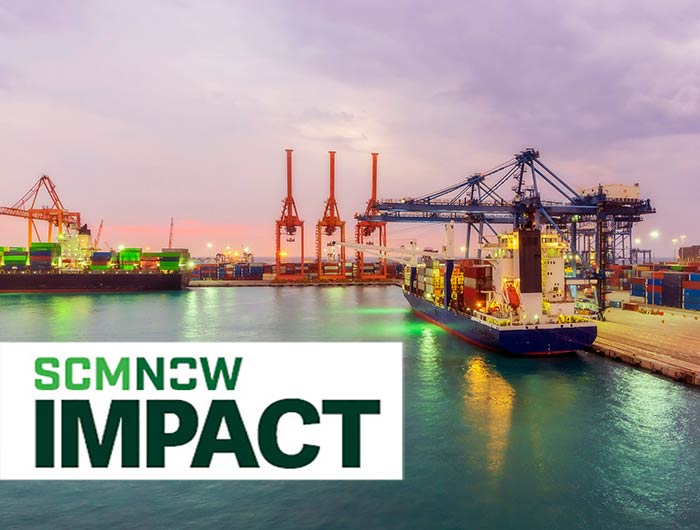In a heartbreaking maritime incident this week, Baltimore's iconic Francis Scott Key Bridge fell victim to a collision with a large cargo vessel. The resulting collapse is presumed to have claimed the lives of six construction workers who were on the bridge at the time. The toll could have been much worse, had police officers not moved so swiftly to block bridge entrances after receiving a mayday from the ship.
The immediate impact of the collapse Tuesday was “viscerally clear,” according to a report from The New York Times: “Rescue workers and salvage crews worked tirelessly to recover bodies and restore access to the harbor [and] our national supply chain kicked into high gear to absorb the aftershocks.”
According to the article, the Port of Baltimore processed 1.1 million 20-foot containers worth of cargo last year, making it the ninth-busiest U.S. port based on trade volume. It’s also the busiest U.S. port for car shipments, with more than 800,000 vehicles moving through its docks in 2023.
“The collapse of the bridge and the closure of the Port of Baltimore is upending life for countless people,” NPR reports. I had the opportunity to speak with NPR and explained that, in the short term, we must address the ships already in port that can't get out. Then, the numerous ships in transit that were scheduled to enter will have to be rerouted.
Our global supply chains continue to deal with multiple disruptions in an already-stretched system, especially considering the many other ships changing course to avert Houthi attacks in the Red Sea, plus low-water restrictions in the Panama Canal. “The looming contract expiration for the International Longshoremen’s Association in September also creates uncertainty,” the New York Times article warns.
Further, Baltimore is the chief entry point in the United States for large agriculture and construction equipment bound for the Midwest. This disruption comes at a particularly bad time, as construction picks up in colder climates in the spring and Midwest farmers have already started planting this season’s crops.
In addition, customers expecting goods delivered through the Port of Baltimore face significant cost increases. The American Trucking Association estimates a hefty burden. According to their data, 4,900 trucks carrying $28 billion worth of goods will have to reroute, driving up costs for shippers and ultimately consumers. The most significant impact is likely to fall on shipments of hazardous materials, such as diesel fuel, which previously relied heavily on the bridge because these items can't be transported through tunnels.
This tragic event underscores the inherent risk involved in maintaining a strong global supply chain. While the resilience of our system is being tested, the swift response of authorities and the adaptability of supply chain professionals provide hope. Moving forward, collaboration will be paramount in speeding recovery and minimizing long-term economic disruption.



